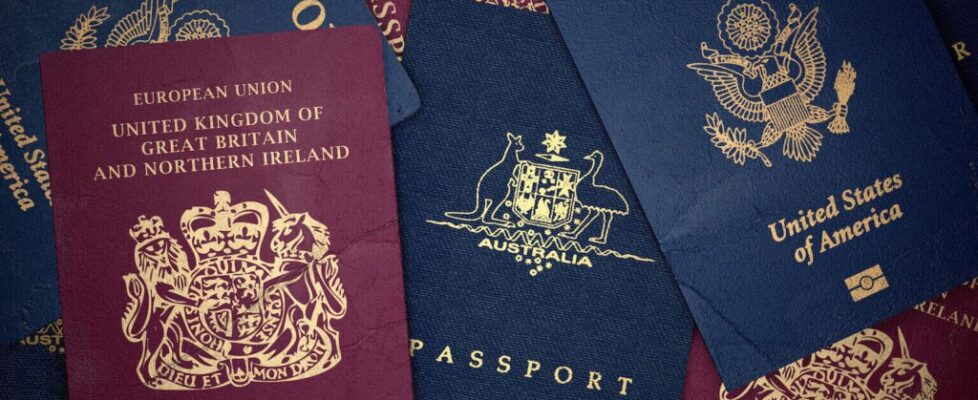Embracing Dual Citizenship: Navigating the U.S. and Canadian Legal Systems
Dual citizenship stands as a testament to an individual’s affinity to two nations, allowing one to be legally recognized as a member of both countries. For those fortunate to hold both U.S. and Canadian citizenships, it’s essential to comprehend the responsibilities and benefits that come with this status. Dive into this guide to understand the intricacies of navigating dual citizenship in the U.S. and Canada.
The Genesis of Dual Citizenship
- Understanding Dual Citizenship:
- Dual citizenship means a person is a citizen of two countries simultaneously, possessing the rights and responsibilities of both nations.
- Explore U.S. State Department’s viewpoint on Dual Nationality.
- Acquiring Dual Citizenship:
- Typically achieved through birthright, marriage, naturalization, or descent.
Rights and Benefits: The Best of Both Worlds
- Freedom of Movement:
- Dual citizens can freely travel, live, and work in both the U.S. and Canada without requiring long-term visas.
- Education and Health Benefits:
- Access to public education and healthcare systems in both countries.
- Delve deeper into Canadian healthcare benefits at Canada.ca.
- Voting Privileges:
- Participate in elections in both countries. However, be aware of residency requirements for voting.
Legal Obligations: Dual Responsibilities
- Taxes:
- Both countries tax based on worldwide income. However, numerous treaties prevent double taxation.
- For a detailed guide on U.S. taxation, consult the IRS’s Tax Guide for U.S. Citizens Abroad.
- Military Service and Jury Duty:
- While neither country has mandatory military conscription, dual citizens might still face obligations related to military or jury service.
- Passport Regulations:
- Travel to either country should be done using that country’s passport. For instance, enter the U.S. using a U.S. passport and Canada using a Canadian one.
Renouncing Citizenship: A Weighty Decision
- Reasons for Renunciation:
- Personal, tax-related, or political reasons might drive individuals to renounce one citizenship. It’s a irreversible step with significant implications.
- The Process:
- Both countries have established processes for renunciation. Always consult legal counsel before proceeding.
- The Canadian government’s guide on renouncing Canadian citizenship offers valuable insights.
Harnessing Dual Benefits: Tips for Effective Management
- Stay Informed:
- Laws and regulations change. Regularly check official government websites or consult with an immigration attorney.
- Engage with Both Communities:
- Participate in community events, join expatriate groups, and stay connected. Resources like American Citizens Abroad can be invaluable.
- Document Management:
- Keep both sets of important documents (passports, birth certificates) updated and safely stored.
Final Reflections
Embracing dual citizenship is an exciting journey, offering a plethora of opportunities and benefits. With great power comes great responsibility – staying informed and engaged ensures that one can enjoy the best of both the U.S. and Canadian worlds.
Key Takeaways:
- Dual citizenship provides numerous rights and benefits.
- Staying informed about tax, military, and legal obligations is crucial.
- Engage with communities and stay connected to maximize the dual citizenship experience.
Considering or currently living the dual citizenship life? Navigate the complexities confidently with the right resources and support.
For more in-depth guidance on U.S. and Canadian dual citizenship, consult our dedicated experts.



